Editor's Note: From humble wooden bread carts at local markets, An Nhien's O Plant-based company has become a pioneer in the plant-based industry in Vietnam. Their standout product is frozen rice bread made from golden brown rice, red rice, and whole-grain black rice – retaining their natural color, flavor, and nutritional value – along with many other 100% plant-based products. Within just one year, the rice bread was available on supermarket shelves, receiving strong consumer acceptance and quickly gaining significant attention from the international market.
Currently, the product is attracting significant interest from corporations in South Korea, Japan, Taiwan, and Europe, and an Australian corporation has proposed an exclusive distribution partnership in Australia, marking a crucial step: from a small startup, An Nhien's O Plant-based company is bringing Vietnamese rice into the global value chain of the green industry.
Truths from Illness
Some startups don't begin in laboratories or venture capital, but from… hospital beds. For An Nhien, the path to plant-based food originated from a life-or-death battle.
For many years, she faced a terminal illness: dozens of blood transfusions, her red blood cell count sometimes dropping to only 3-4, and her heart stopping for seven minutes. Doctors advised surgery and suggested she return to eating meat to "regain strength." But her body refused. She steadfastly maintained a plant-based diet, partly influenced by her husband, who had followed a plant-based diet for decades. A miracle happened: her health recovered, the tumor disappeared, and her blood became clean again.
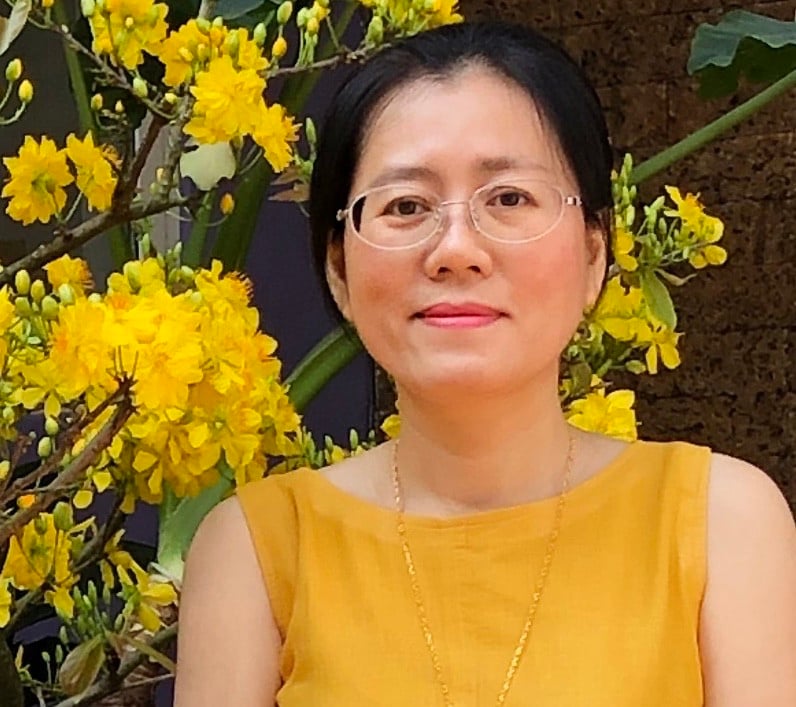
Ms. An Nhien believes that whoever controls the raw materials is king.
“I once read the line of poetry, ‘The sun of truth shines through the heart,’ but I didn’t quite grasp it, or perhaps I was still confused about ‘what is truth?’. Now, it’s clear before my eyes that ‘illness is actually a gift from God, to awaken me!’” she recounted. It was from this “truth” that she decided to abandon a stable career in the steel industry to embark on a new path – a plant-based path, focusing on food derived from clean Vietnamese rice, to help bring Vietnamese rice into the global value chain, or a path to affirming Vietnam’s position in the world based on plant-based food, which is also based on Vietnamese agriculture .
From steel industry to plant-based
Before venturing into plant-based industries, she was a veteran entrepreneur in the heavy industry sector, having been involved in introducing many modern steelmaking technologies and standards to Vietnam, and even supplying materials for defense projects. But the deeper she delved, the more she saw a paradox: no matter how much investment was made, Vietnam remained dependent on imported raw materials.
"From the steel industry, I learned a truth: whoever controls the raw materials is king. And Vietnam has always been a buyer," she said.
That internal struggle lasted for years, until a plant-based diet saved her life. She suddenly realized: Vietnam doesn't lack resources. We sit on a vast treasure trove of agricultural products, especially rice. If we know how to increase their value, we can create a new industry – one that benefits health, the environment, and the nation.
Plant-based is more than just vegetarianism. For nearly a decade, the world has redefined it: from vegan and vegetarian to "plant-based"—applying high technology to transform agricultural products into higher-value products. Not just boiled vegetables and fried tofu, but rice milk, plant-based cheese, plant-based meat from soy protein, and skin from fruit peels. Behind this lies an entire industry worth hundreds of trillions of USD, considered a "hot sector" in the global green transformation.
From food carts to rice bread
Starting her business in her early 40s, An Nhien didn't have a large investment or a modern factory. She only had a few wooden carts designed by her husband, which she used to sell imported plant-based sandwiches at the market. Customers who tried them praised their taste, surprised to learn they were plant-based.
But she didn't stop there. While wondering why Vietnam continued to export raw rice while the whole world ate bread, she saw the answer: bread had to be made from Vietnamese rice flour.
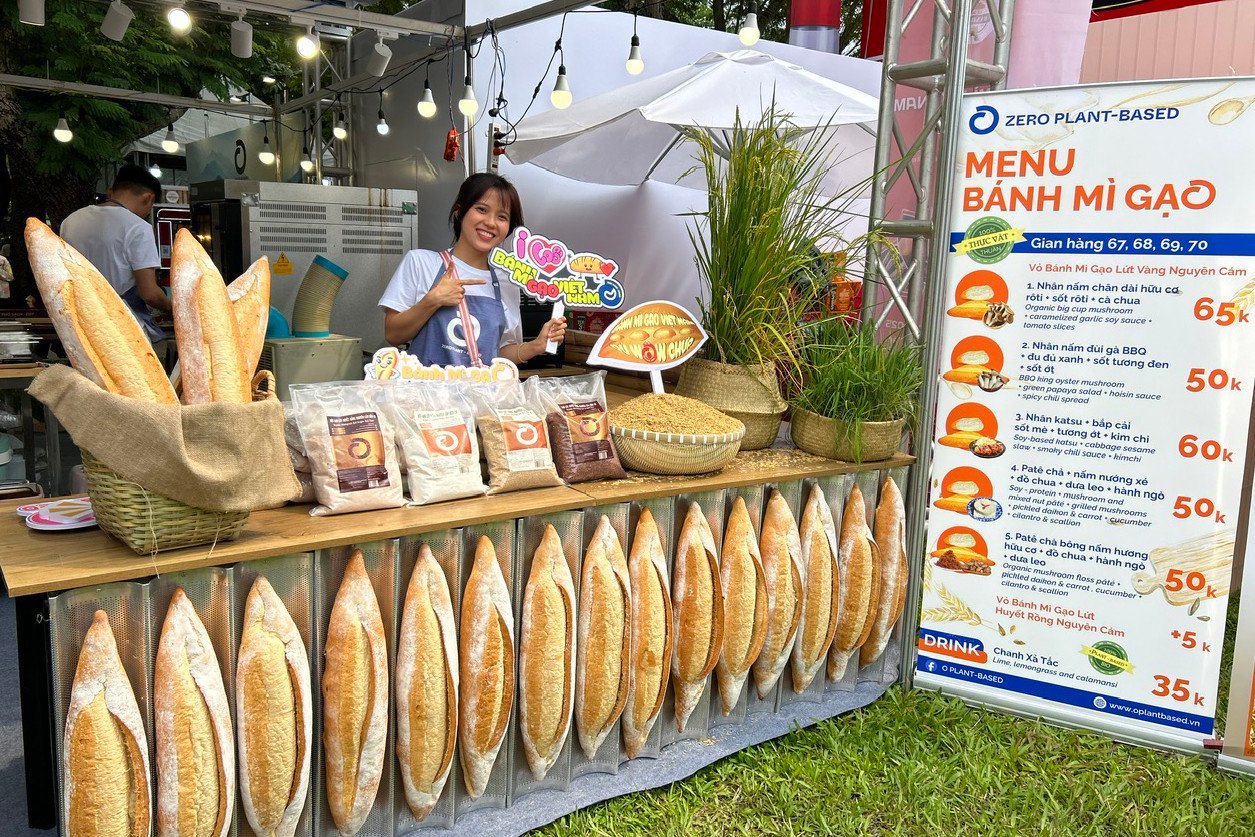
The research journey spanned many years, marked by failure after failure. Trying imported flour from Europe resulted in a poor, dry, and hard product. Trying different flour blends resulted in loaves of bread that didn't rise properly and tasted bland. Many times she wanted to give up. But the thought of the farmers who toiled year-round in the fields yet remained poor kept her going!
The turning point came when she and her husband researched whole-grain brown rice flour, including golden brown rice, red rice, and black rice. The resulting loaves of bread rose beautifully, were fragrant, naturally sweet, and retained their bran and nutrients. Test results confirmed their high nutritional value, making them competitive with any bread in the world. This was a breakthrough that transformed a grain of rice into a global product.
Domestic product and reception
Starting with frozen rice bread, she, along with her husband and colleagues, continued their research to develop more pastries, drinks, and other dishes… all 100% plant-based. She opened F&B stores to both sell products and create experiential spaces.
The Vietnamese market reacted unexpectedly. At trade fairs, the O Plant-based booth was always crowded. People tried the bread, praised its taste, and immediately asked to buy it. While it normally takes many years for a product to get into supermarket chains, the rice bread only took one year to appear on the shelves – a record. From one supermarket, it spread to many other systems. Online distributors also proactively sought it out. Sales increased steadily.
Many customers, after trying the food, called her directly to praise its taste and offer encouragement. "That feedback is what motivates me to continue," she said.

Ms. Nhien presented her first successful batch of rice bread to the Israeli Ambassador to Vietnam.
Export opportunities
The product's uniqueness quickly spread beyond borders. Many foreign corporations, including major bakeries, approached her to learn about, experience, and propose collaborations. They admitted to having never succeeded in making rice bread despite years of effort, and offered strategic partnerships, even exclusive distribution rights. For them, it was a world-class invention! One customer even said that Vietnamese rice bread was the product Michelin-starred restaurants worldwide had been searching for!
Meanwhile, Singapore – a country that has invested $72 billion in plant-based R&D – still imports raw agricultural products from Vietnam. If we introduce processed products into this market, Vietnam will not only be a "raw material source" but could rise to become a plant-based center in the Asia -Pacific region.
Sell all the houses.
Starting a plant-based business in Vietnam isn't easy. Banks aren't enthusiastic: procedures are cumbersome, assets are undervalued, and disbursements are slow. "The bank appraised my house at 10 billion VND, but only lent 70-75%, and even then, the disbursement was minimal. Meanwhile, I needed cash immediately to launch the project," she recounted.
The only solution: sell. Houses, land, real estate – everything she had accumulated was gradually gone. At times when the market froze, she accepted selling at a low price, as long as she had cash in time to maintain research and production. "At that time, the money wasn't about how much or how little it was, but about when it was available," she said.
COVID-19 made things even more difficult. But she and her husband remained steadfast: they sold all their assets to give Vietnamese rice a chance.
Silent companion
Throughout every turning point, there was always one steadfast figure: her husband. He was not only her life partner but also her primary research collaborator. He had lived off plant-based food for decades and possessed a solid knowledge base. He personally built wooden carts and, together with his wife, sold bread at the market. He meticulously developed recipes, experimented with rice flour, and researched the technology.
There were times when she felt discouraged and asked her husband, "Why do I feel like a moth drawn to a flame?!" He replied, "Where do moths fly?!" "Towards the light!" When death comes, the soul seeks the light to follow! She asked herself, then answered herself, and realized: there's no need to wait until death; while alive, one should always follow the light of truth, and thus, whether dead or alive, one's soul will always follow the light!
Policy barriers and dependencies
The biggest challenge isn't just capital, but also policy. When interacting with foreign investors, she noticed they wanted monopolies, control over ideas… which then led to a desire to control the raw material supply. If we continue with the old ways, Vietnamese people will forever be hired laborers in their own homeland: they own the raw material areas, our farmers are hired to cultivate the crops, while the value, R&D, inventions… all belong to them.
Meanwhile, in South Korea and Japan, the government directly subsidizes rice flour and rice bread products, encouraging consumption, reducing wheat flour imports, and strengthening food security. Vietnam has not yet done this.
"It's very painful when we export raw materials and then import processed products at high prices," she said. Therefore, she hopes the government will provide budget support to establish a Plant-based Innovation Hub in Vietnam – a place that brings together scientists, entrepreneurs, and PhDs from both within and outside the country to unite and create momentum.
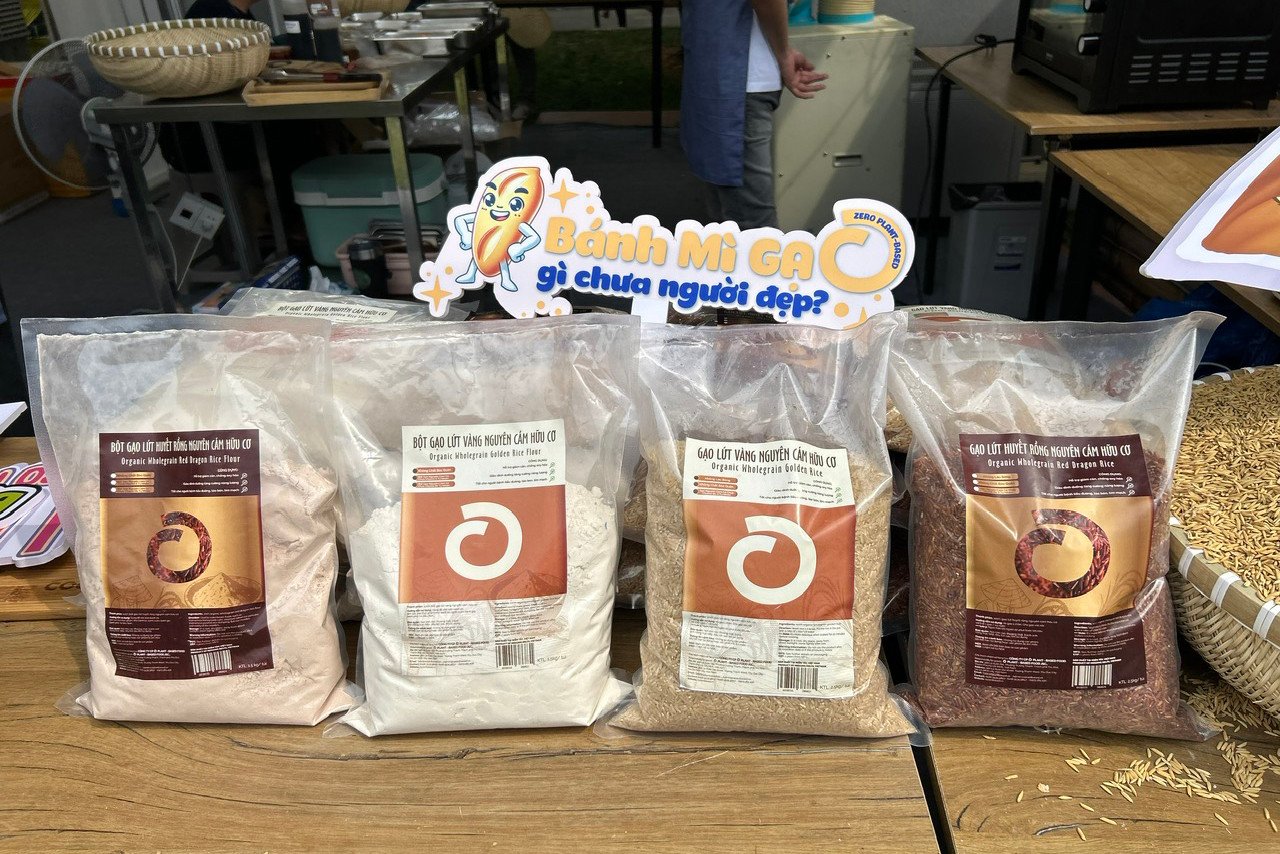
Business philosophy: Building value, not just selling products.
For her, success isn't measured by the number of loaves of bread sold each day, but by building a sustainable value system. This value is primarily for agriculture, ensuring that rice grains escape the cycle of "exporting raw materials and importing refined products," elevating them to high-value products. It's also for public health, as plant-based foods contribute to healthy eating habits and prevent disease from its root. And more broadly, it's a national value, helping Vietnam keep pace with the global green transformation, becoming a destination for international financial capital.
"Bread is just the beginning. I want to build an ecosystem where, starting from a single grain of rice, Vietnam can become a superpower," she asserted.
From a grain of rice to the aspiration of a superpower.
Her vision extends far beyond the scope of a business. She believes that if the whole world ate bread made from rice, Vietnam would become a true superpower.
Unlike steel or shipbuilding – industries that Vietnam once pursued but remained dependent on raw materials – agricultural products, especially rice, are its undisputed advantage.
To realize this vision, she wants to advocate for the establishment of a Plant-based Innovation Hub in Vietnam: a center for research, production, and the convergence of domestic and international expertise, transforming Vietnamese agricultural products into the foundation of the global plant-based industry. From a single grain of rice, it's possible to create bread, pizza, burgers, cosmetics, functional foods, and more.
"It's a big ambition, but it starts with a very small grain of rice," she said. For her, the illness that nearly claimed her life became a gift that awakened her, helping her discover the truth: from agricultural products, Vietnam can enter the global value chain, contributing to public health, the environment, and national aspirations.
"Many people say I'm crazy, like a moth drawn to a flame. But moths fly towards the light, not the darkness. And that light, I call truth," she smiled.
For her, starting a business wasn't about getting rich, but about creating a new value system: for farmers, for public health, and for the nation's standing. It was a difficult journey, met with ridicule from many, but it was also an opportunity, with the right timing, location, and human resources, for Vietnam to rise from a rice-producing nation to one of the leading powers in the green economy.
Source: https://vietnamnet.vn/hanh-trinh-cua-an-nhien-tu-hat-gao-den-khat-vong-cuong-quoc-2452331.html








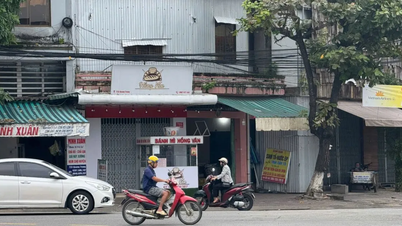

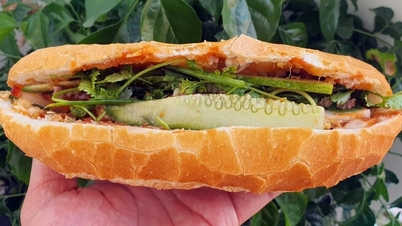

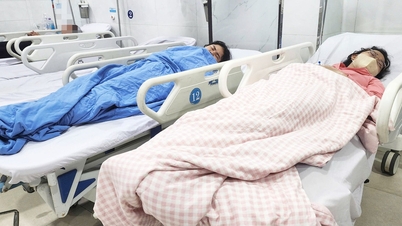

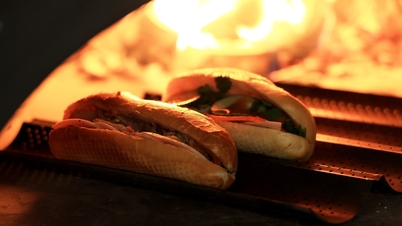

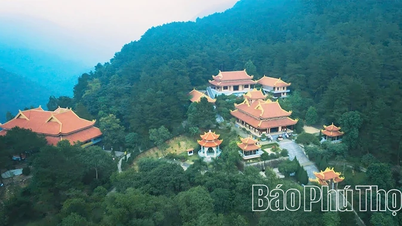





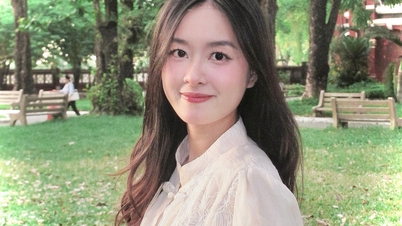

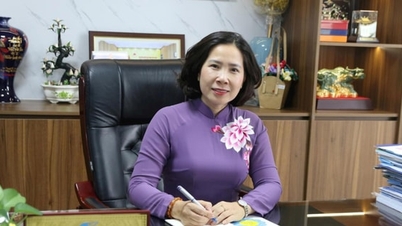



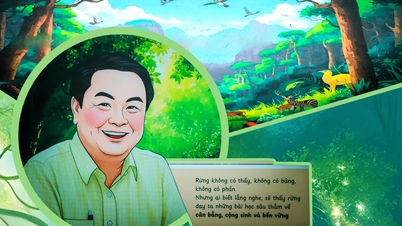
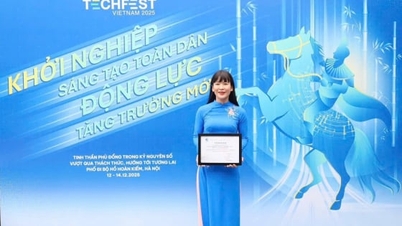















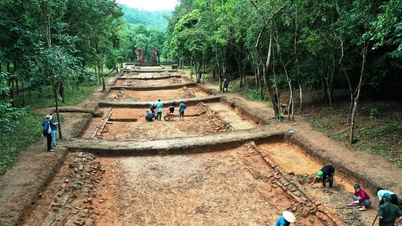







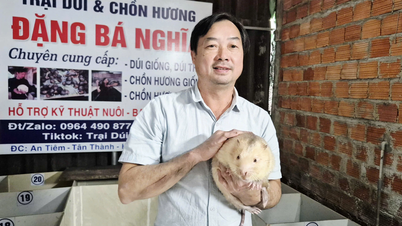

























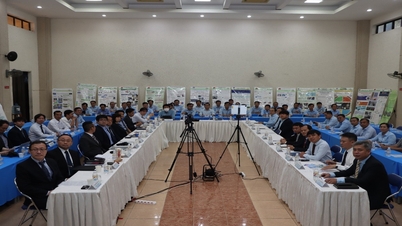



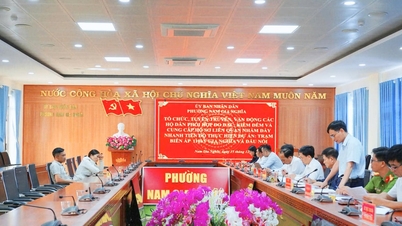








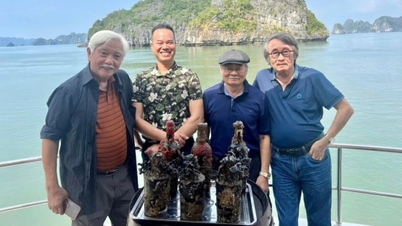












Comment (0)